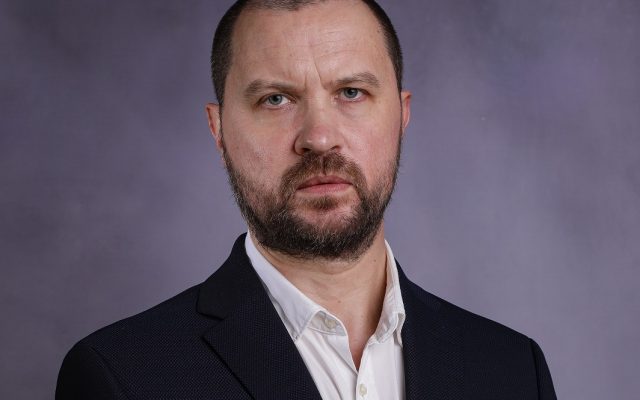
President Iohannis’s controversial bid for a Senate seat raises eyebrows in Romania
Romanian President Klaus Iohannis is actively seeking a role for himself after his term at Cotroceni Palace concludes. Having unsuccessfully attempted to secure positions within NATO and the European Union, he now finds himself in a contentious situation. The National Liberal Party (PNL), with which he is affiliated, is pushing to include him in the future Senate through a legal maneuver reminiscent of one used by former President Ion Iliescu.
The rationale behind the PNL’s proposed legislation is complex. It argues that the sitting president should be allowed to run as an independent on a party’s list to avoid infringing upon his right to be elected. Critics counter that President Iohannis could have simply run as an independent candidate without any legislative changes or resigned from his position to join the party formally.
This move raises legal concerns, particularly regarding the amendment of electoral laws after the electoral process has begun—effectively changing the rules mid-game. Such actions are seen as violating the spirit of Romania’s Constitution, which mandates that the president remain above partisan politics. The opposition is expected to challenge the legislation in the Constitutional Court, potentially sparking a significant public debate.
Politically, Iohannis’s potential candidacy could have substantial repercussions for the PNL, which some describe as taking a „kamikaze” approach. Nicolae Ciucă, the party’s leader and former Prime Minister, may bear the brunt of the fallout. Already polling below the party’s average, Ciucă could suffer from an even stronger association with a president whose popularity has waned, according to numerous polls conducted this year.
The PNL is internally grappling with the situation. Former party president Valeriu Stoica recently remarked at the PNL National Council, „The Iohannis era was important, but it’s over,” hinting at concerns over the president’s continued influence. There’s speculation that Iohannis may even seek the party’s leadership after Ciucă’s eventual departure, a prospect that unsettles many within the party.
Meanwhile, the Social Democratic Party (PSD), led by Marcel Ciolacu, appears poised to capitalize on the PNL’s vulnerabilities. PSD officials have indicated they will support the legislation enabling Iohannis’s Senate bid, anticipating that a weakened PNL would grant them greater leverage in forming a post-election government. „We might lose a percentage point or two, but we can afford it. The liberals, however, will decline even more,” a senior PSD leader commented.
President Iohannis’s actions have drawn sharp criticism, with detractors labeling the move a constitutional overreach. After years of being considered a „spectator president”—a stark contrast to his predecessor Traian Băsescu’s more hands-on approach—Iohannis risks concluding his tenure perceived as a „beggar president,” seeking positions and privileges post-presidency.
Questions have been raised about his motivations, including a desire to retain access to official perks such as an office, staff, transportation, and legal immunity. Critics also point to his occupancy of a lavish villa on Bucharest’s Aviatorilor Boulevard, renovated at a cost of €9 million and reserved for former presidents, questioning the appropriateness of such benefits for a retired physics teacher without an academic position.
As Romania approaches a new electoral cycle, the controversy surrounding President Iohannis’s post-term ambitions highlights broader concerns about political integrity and adherence to constitutional principles in the country’s evolving democracy.
Urmărește mai jos producțiile video ale G4Media:

Donează lunar pentru susținerea proiectului G4Media
Donează suma dorită pentru susținerea proiectului G4Media
CONT LEI: RO89RZBR0000060019874867
Deschis la Raiffeisen Bank
1 comentariu